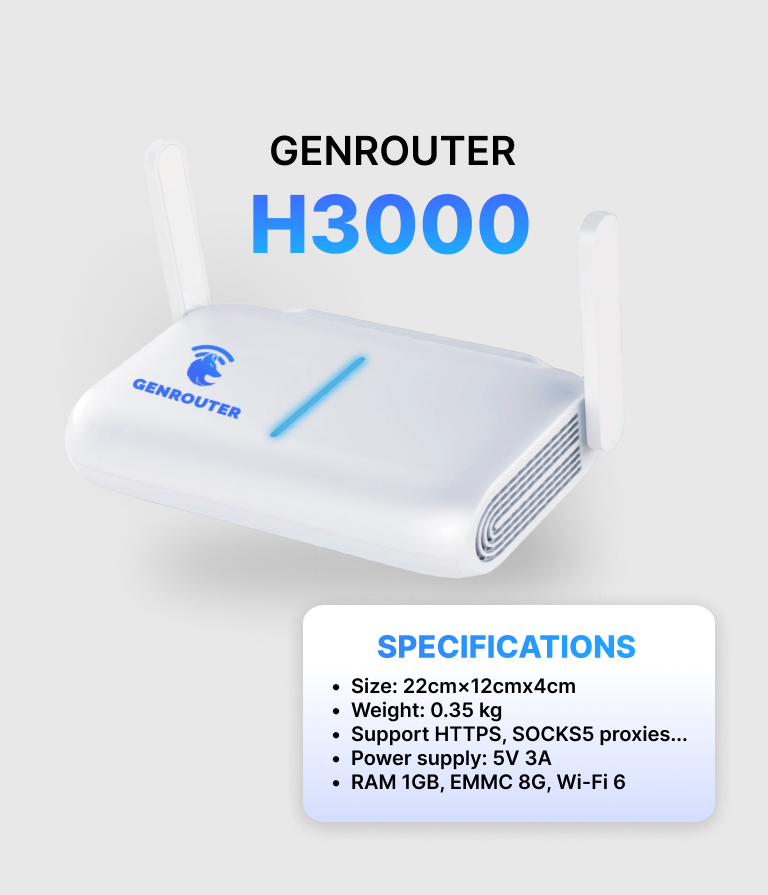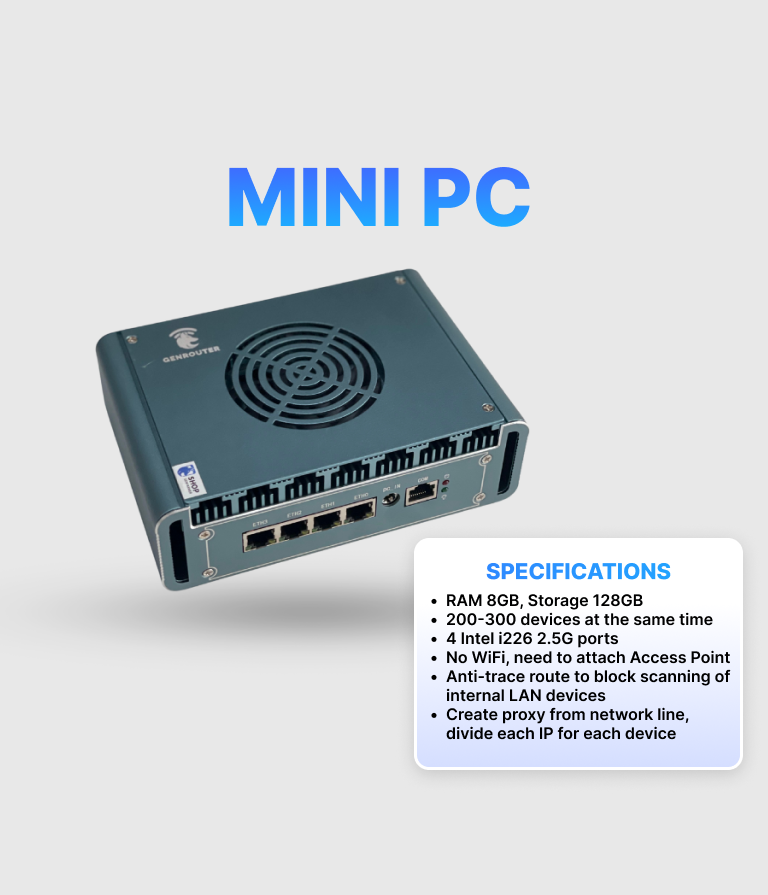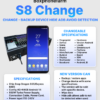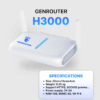The allure of free public Wi-Fi is undeniable. Whether you’re at a coffee shop, airport, or hotel, the ability to connect to the internet without using your mobile data is a modern convenience we’ve all come to appreciate. However, this convenience comes with a hidden cost. The very openness that makes these networks accessible also makes them a prime hunting ground for cybercriminals. The lack of inherent security measures, compared to your private home or business network, exposes you to significant public wifi risks that can compromise your personal data, finances, and privacy.
The Allure and the Danger: A Double-Edged Sword
We connect to public networks without a second thought—to check emails, scroll through social media, or get some work done. But this convenience is precisely what threat actors exploit. They understand that users on these networks are often less guarded and that the networks themselves are frequently unsecured. Each time you connect, you could be stepping into a digital minefield, exposing yourself to a variety of cyber threats. Understanding these specific dangers is the first step toward building a strong defense.

Key Threats Detailed: What Really Happens on Unsecured Networks
The public wifi risks are not abstract concepts; they are specific attack methods used by criminals to steal your information. Here are the most common threats you face.
Man-in-the-Middle (MitM) Attacks
Imagine having a private conversation, but a third person is secretly listening to, and potentially altering, everything you say. That’s a Man-in-the-Middle attack in the digital world. On an unsecured Wi-Fi network, an attacker can position themselves between your device (your laptop or phone) and the router. From this position, they can intercept, read, and even modify all your unencrypted internet traffic. This includes your login credentials for websites, the content of your emails, and your private messages. You wouldn’t even know it’s happening until it’s too late.
Fake Networks (“Evil Twin” Attacks)
This is one of the most deceptive public wifi risks. Cybercriminals set up their own malicious Wi-Fi hotspots with convincing names that mimic legitimate ones. For example, you might see “Free Airport WiFi” and “Free_Airport_WiFi_Official” on your list of available networks. If you connect to the fake one—the “evil twin”—all of your internet traffic is routed directly through a device controlled by the attacker. They can then capture any sensitive information you transmit, from your bank account password to your social media logins.
Malware and Ransomware Distribution
Unsecured public networks are a perfect vehicle for spreading malicious software. Attackers can exploit vulnerabilities in the network to inject malware directly into connected devices. This can happen even if you don’t download anything suspicious. The malware could be a keylogger that records everything you type, a Trojan that gives the attacker remote control of your device, or ransomware that encrypts all your files and demands a payment for their release. A single connection could lead to a catastrophic loss of data and financial extortion.
Myth vs. Reality in 2025: Is HTTPS Enough?
A common argument you might hear is that public Wi-Fi is “mostly safe” now because most websites use HTTPS. The lock icon in your browser’s address bar signifies that your connection to that specific website is encrypted. While HTTPS is a vital security layer, relying on it alone creates a false sense of security. It’s a critical piece of the puzzle, but it doesn’t solve all public wifi risks.
Here’s the reality: HTTPS encrypts the data between your browser and the website’s server. However, it does not protect you if you’ve connected to an “Evil Twin” network. The attacker who controls that network may not be able to read your HTTPS traffic, but they can still see which websites you visit. More advanced attacks, like DNS spoofing, can even redirect you from a legitimate site (like yourbank.com) to a convincing fake one, capturing your credentials even if the fake site uses HTTPS. Believing HTTPS is a complete shield is a dangerous misconception.
Practical Protection Strategies: Your Digital Defense Plan
Protecting yourself from public wifi risks doesn’t mean you have to avoid free Wi-Fi entirely. It means you need to be smart and proactive. Here are clear, actionable steps to secure your connection.
- Use a VPN (The Ultimate Solution): A Virtual Private Network (VPN) is your most powerful defense. It creates a secure, encrypted tunnel for all of your device’s internet traffic. This means that even if an attacker is on the same network, all they can see is unreadable, encrypted data. A VPN makes your information completely illegible to any eavesdroppers, effectively neutralizing threats like MitM attacks.
- Verify the Network: Don’t just connect to the first network you see with a plausible name. Always ask an employee at the location (coffee shop, hotel, etc.) for the exact, official name of their Wi-Fi network. This simple step can prevent you from connecting to an “Evil Twin.”
- Prioritize HTTPS Websites: While not a foolproof solution, it’s still essential. Always look for the padlock icon and “https://” in your browser’s address bar before entering any information on a website. This ensures your data is encrypted during transit to that site.
- Avoid Sensitive Transactions: As a rule of thumb, avoid logging into your online banking, making purchases with your credit card, or entering any critical passwords while on public Wi–Fi. Save these activities for a trusted, secure network, like your home Wi-Fi.
- Turn Off Auto-Connect: Many devices have a feature that automatically connects to known or open Wi-Fi networks. Disable this. By manually choosing which network to connect to each time, you retain control and prevent your device from unknowingly connecting to a malicious hotspot.
The Optimal Solution from GenFarmer
While the strategies above are crucial for individual safety on public networks, professionals in MMO, marketing, or large-scale automation require a more robust, hardware-level solution. Instead of just protecting your connection on a shared network, you can create your own private, secure, and fully controllable network environment, no matter where you are. This is where GenFarmer’s specialized hardware comes in.
1. GenFarmer’s Proxy Router: Forget unreliable VPNs. The GenFarmer Proxy Router is designed to be the core of your secure operations. It allows you to manage multiple internet connections, assign unique and clean IPs to each of your devices, and create an isolated network that is invisible to the dangers of public Wi-Fi. It’s a dedicated security gateway that ensures every connection from your phone farm or work devices is encrypted and anonymized at the hardware level.

2. Mini PC Router: To power your secure network, the Mini PC from GenFarmer acts as a powerful and energy-efficient control center. This compact device can run 24/7, managing your router, automation tools, and remote connections without the overhead of a full desktop computer. It’s the brain of your operation, ensuring stable and secure performance for all your automated tasks.

By combining the GenFarmer Router and Mini PC, you build a personal fortress of network security. You are no longer at the mercy of unsecured public networks; you are operating within your own private, encrypted ecosystem. This is the ultimate solution for professionals who cannot afford to compromise on security or stability.
Conclusion: Take Control of Your Digital Security
Public Wi-Fi is a tool of incredible convenience, but it is fraught with real, significant dangers. From snooping Man-in-the-Middle attacks to deceptive “Evil Twin” hotspots and malware injections, the public wifi risks are too great to ignore. However, knowledge and the right tools empower you to reclaim control over your digital footprint. By being vigilant, verifying networks, and most importantly, using a reliable VPN, you can navigate the digital world safely and securely.
For professionals in MMO, digital marketing, and business automation, network security isn’t just about personal privacy—it’s about operational integrity and scalability. At GenFarmer, we’ve built an entire ecosystem on the principles of robust network control and security. Our hardware solutions like Box Phone Farm hardware and Proxy Routers give you granular control over your network environment, essential for secure automation. Combined with our Cloud Phone rentals and sophisticated automation solutions, you can execute complex strategies without compromising on security. Don’t let your data become a liability. Explore the GenFarmer ecosystem today and build a more private, powerful, and secure digital operation.











